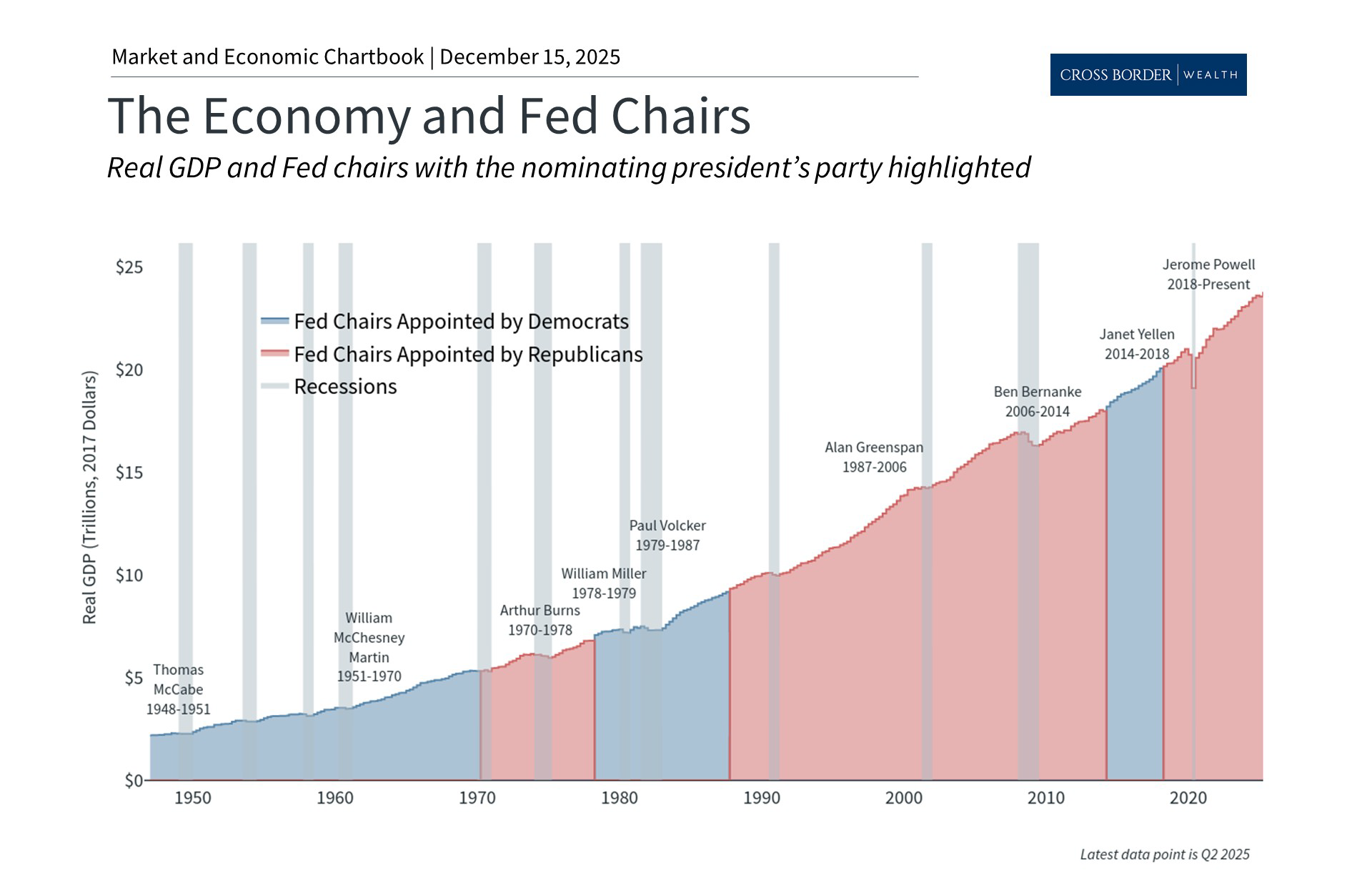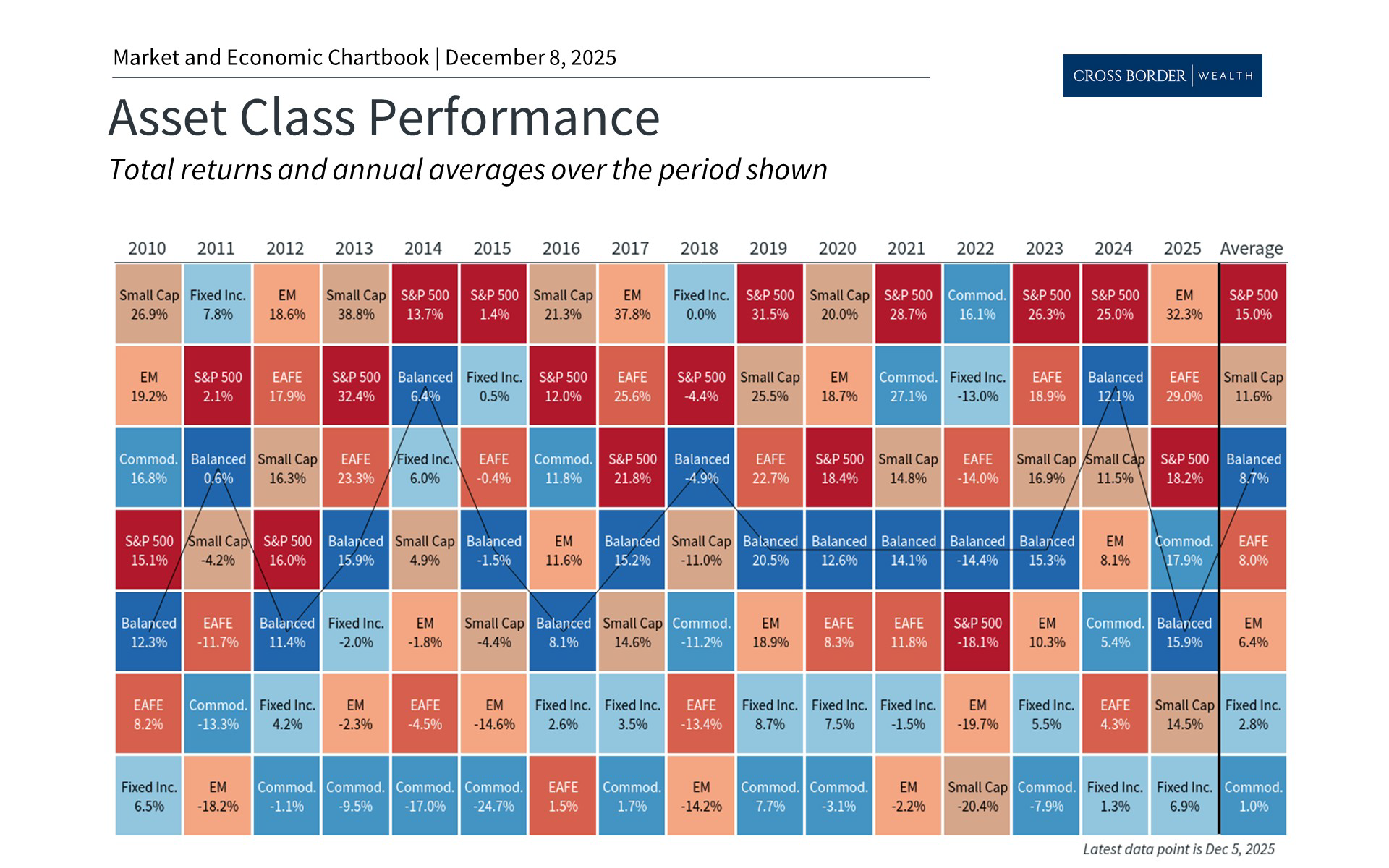U.S. Expats vs. FATCA
- Market Insights
- 2 mins
President Barack Obama successfully implemented the Foreign Account Tax Compliance Act (FATCA) in 2010. This compels tax paying Americans to report foreign assets with an aggregate amount exceeding $50,000 (higher thresholds for joint filers and non-US residents) on IRS form 8938, along with their annual tax returns. Failure to report under FATCA may result in a $10,000 penalty, an additional penalty of up to $50,000 for continued failure to file after IRS notification, and a 40 percent penalty on an understatement of tax attributable to non-disclosed assets.
Non-U.S. Foreign Financial Institutions (FFI) and Non-Financial Foreign Entities (NFFE) are required to identify and disclose the account values of U.S. taxpayers with accounts in their institutions, to the Internal Revenue Service (IRS) or the FATCA Intergovernmental Agreement (IGA), or face certain sanctions and penalties for not doing so. Because of this, other major international financial institutions either limit or even refuse service to U.S. connected persons.
With this law in place, it is very easy for the IRS to cross reference assets held by U.S. taxpayers across the world. This will include assets held in foreign banks, mutual funds, life insurance companies, partnerships, corporations, and other foreign assets.
As complicated as it is, these laws are in place to aid in avoiding tax evasion by U.S. connected persons, under the assumption that U.S. taxpayers are responsible for taxes on their worldwide income. Unfortunately, this also discourages U.S. expats from investing abroad, which makes it very inconvenient and difficult to carry on with their investment and retirement plan savings.
Meanwhile, because U.S. financial institutions are not too concerned about FATCA and other cross border financial planning issues, very few U.S. based financial advisers are aware of these regulations as they continue to manage assets for a minority of their clients who may have migrated to other countries. In fact, some U.S. based financial institutions refuse to maintain accounts for customers who have moved their address to another country, leaving the expats to fend for themselves.
Cross Border Wealth is a SEC-registered investment adviser which may only transact business in those jurisdictions in which it is registered or qualifies for an exemption or exclusion from registration requirements.
Cross Border Wealth may discuss and display charts, graphs, formulas, stock, and sector picks which are not intended to be used by themselves to determine which securities to buy or sell, or when to buy or sell them. This specific information is limited and should not be used on their own to make investment decisions.
All information provided in this article is for educational purposes only and does not intend to make an offer or solicitation for the sale or purchase of any specific securities, investment, or investment strategies. Please ensure to first consult with a qualified financial adviser and or tax professional. Further, please note that while said information has been obtained from known sources which are believed to be reliable, none of these are guaranteed.


